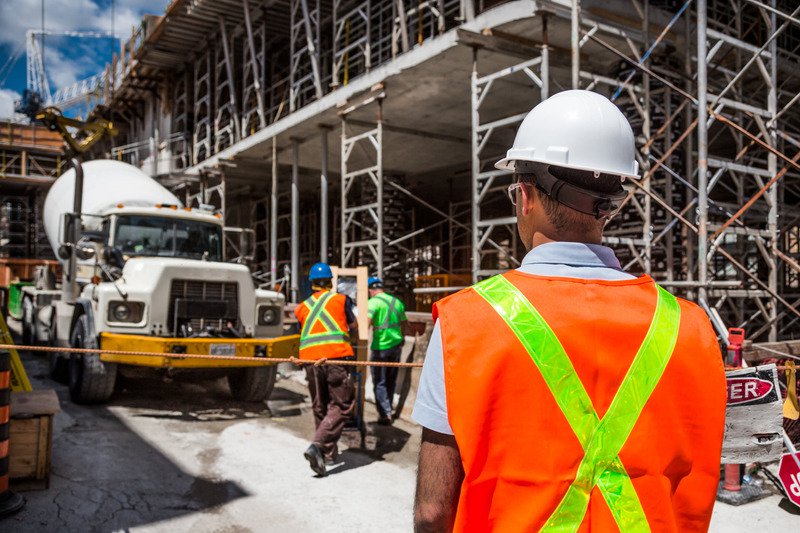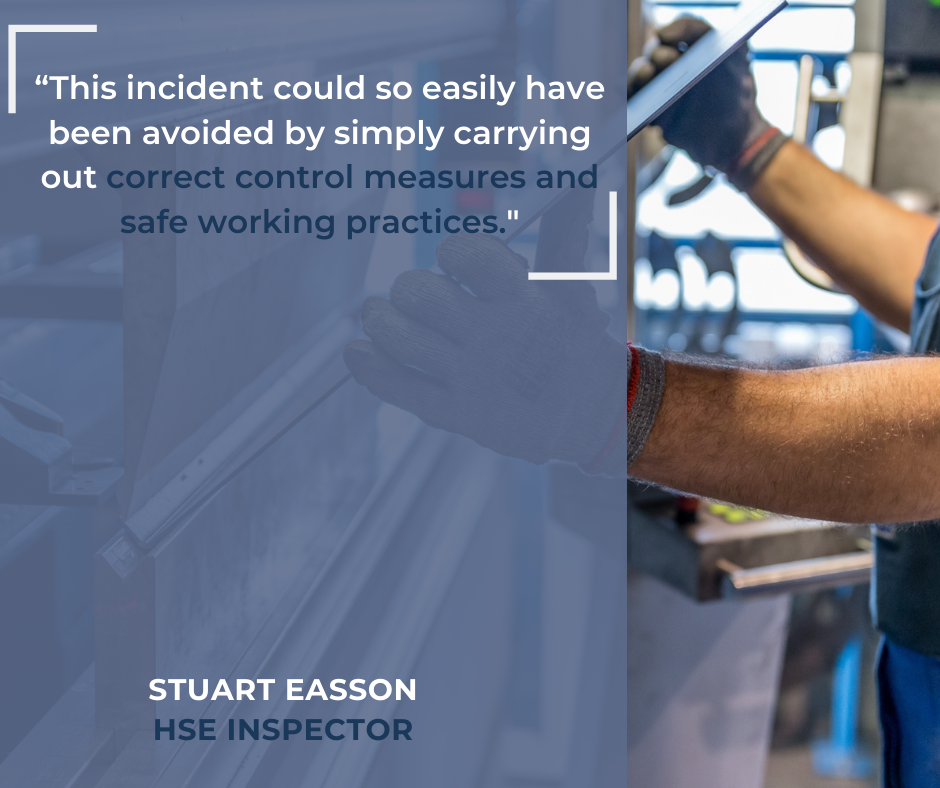The Effect of Coronavirus on Equipment Testing and Examination
 During the coronavirus pandemic, the HSE has made it clear they understand businesses may find it difficult to carry out their legal duty to do thorough examination and testing of equipment.
During the coronavirus pandemic, the HSE has made it clear they understand businesses may find it difficult to carry out their legal duty to do thorough examination and testing of equipment.
It may be difficult to complete thorough examination and testing on time during the pandemic because of:
- a backlog of thorough examination and testing inspections not done during lockdown
- lack of staff and contractor availability to prepare complex pressure systems for examination
- refusal of engineers to enter dutyholder premises to carry out thorough examination and testing, because they think working arrangements may not be safe.
However, they have also highlighted how they still expect dutyholders to make reasonable efforts to arrange thorough examination and testing within legal time limits. If the pandemic means dutyholders cannot arrange examination and testing, it is important that efforts have been made to ensure equipment is still safe to use.
What Are Your Responsibilities?
 Several health and safety regulations require examination and testing:
Several health and safety regulations require examination and testing:
- Lifting Operations and Lifting Equipment Regulations
- Pressure Systems Safety Regulations
- Provision and Use of Work Equipment (including power presses)
- Control of Substances Hazardous to Health (for local exhaust ventilation)
- Electricity at Work Regulations
For equipment covered by these regulations:
- the requirement that work plant and equipment is maintained and safe to use remains in place.
- an effective maintenance regime is still essential to make sure equipment is safe.
- examination and testing is still a legal requirement and a fundamental part of management (although as mentioned, the HSE has a pragmatic approach to enforcement during the pandemic).
The Importance of Keeping Up-to-Date with Equipment Maintenance
 Equipment failure because of deterioration can create dangerous situations, physical harm and business disruption. For example, just this month it was reported that a company was fined £100,000 for breaching the Provision and Use of Work Equipment Regulations (PUWER) 1998 after an employee suffered serious injuries to his left hand when it came into contact with the exposed clamp of a socket machine. A HSE investigation found that along with an unsuitable risk assessment, there was no guard in place on the machine, with the result that the clamping mechanism was exposed. This is something that would have been recognised with regular testing and examination; as the HSE inspector said: “This incident could so easily have been avoided by simply carrying out correct control measures and safe working practices.” Therefore, this highlights the importance of plant and machinery continuing to be properly maintained and inspected to the best of your possibilities, even during COVID-19.
Equipment failure because of deterioration can create dangerous situations, physical harm and business disruption. For example, just this month it was reported that a company was fined £100,000 for breaching the Provision and Use of Work Equipment Regulations (PUWER) 1998 after an employee suffered serious injuries to his left hand when it came into contact with the exposed clamp of a socket machine. A HSE investigation found that along with an unsuitable risk assessment, there was no guard in place on the machine, with the result that the clamping mechanism was exposed. This is something that would have been recognised with regular testing and examination; as the HSE inspector said: “This incident could so easily have been avoided by simply carrying out correct control measures and safe working practices.” Therefore, this highlights the importance of plant and machinery continuing to be properly maintained and inspected to the best of your possibilities, even during COVID-19.
You can read more on this topic on the HSE website.
For some extra help with keeping your equipment safe, we are offering 10% off our Abrasive Wheels and Lock Out, Tag Out Online Training courses when you enter the code ‘Machine20’ at checkout!
